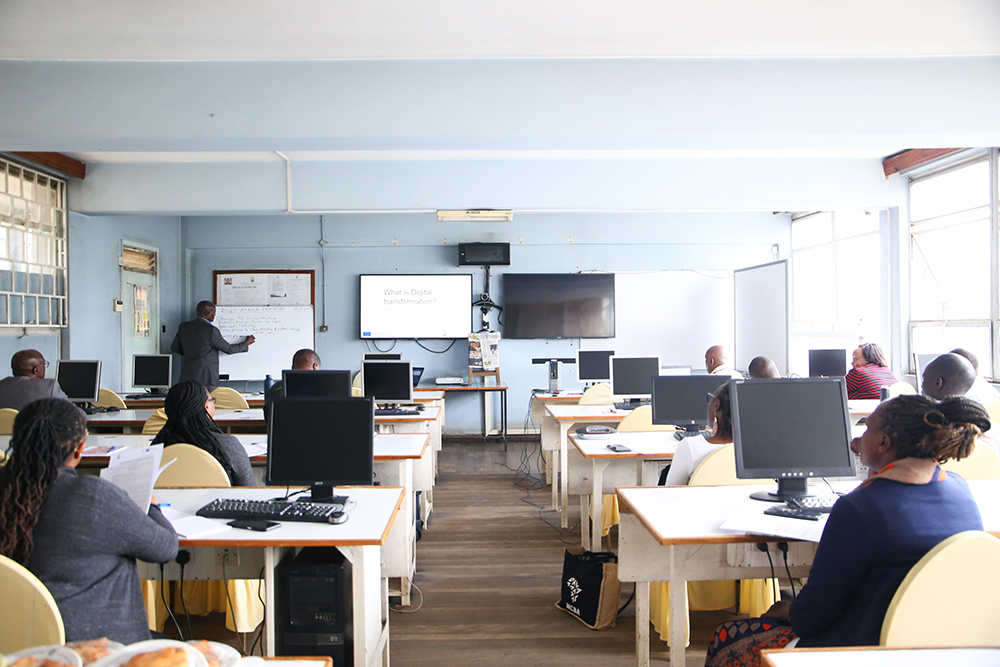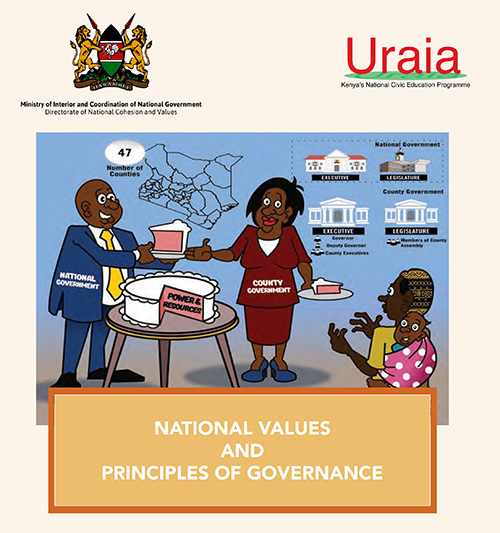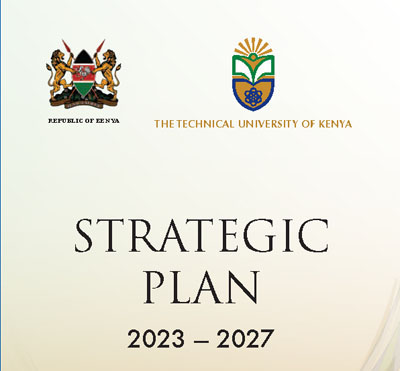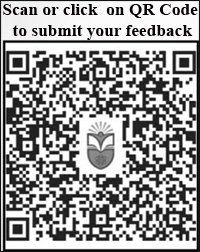On Friday, 3rd October 2025, the Technical University of Kenya, through its DigitAfrica team, conducted a digital transformation workshop themed “Hybridization of University Courses as a Component of Digital Transformation.” The objectives of the workshop were to introduce the concept of digital transformation to heads of departments help participants understand the frameworks for University digital transformation, enhance digital skills, and plan the next steps.
In his opening remarks, TU-K DigitAfrica Principal Investigator, Prof. Salesio Kiura, emphasised that the main focus of the workshop was to develop a digital transformation work plan for the University and to upskill participants with essential digital soft skills.
Prof. Kiura noted that this initiative has been an ongoing process. Last year in October, the TU-K DigitAfrica team held a training session introducing the concept of digital transformation. Earlier this year, at Strathmore University, the team hosted a digital transformation summit, giving participants a deeper understanding of the concept.
“The critical issue at hand now is to develop a work plan on how to implement digital transformation within the University. Additionally, today’s workshop includes an important training session on developing digital soft skills for lecturers, students, and industry trainers,” said Prof. Kiura.
“From this training and the report we will receive from Université Côte d’Azur on our activities, we intend to plan for the next steps for the TU-K DigitAfrica team for the period between October 2025 and February 2026,” explained Prof. Kiura.
During discussions, participants agreed that for TU-K, digital transformation was more than just the adoption of technology. It needs a cultural and shift in the mindset. Further, discussions reflected on the importance of moving from traditional physical interactions to integrated virtual systems, while maintaining the human touch that defines learning and collaboration. Additionally, participants concurred that digital transformation was no longer an option but a necessity for TU-K. They noted that failure to embrace this change would risk rendering the institution obsolete in an increasingly digital world.
The afternoon hybrid training session on digital soft skills was facilitated by Djibril Dieng and Maria Hernandez from Université Côte d’Azur, Nice, France.
In planning the next steps, the TU-K DigitAfrica team discussed plans to develop new digital skills courses to be hosted on Université Côte d’Azur’s Moodle platform, to enable wide access to thousands of students globally. Additionally, the University will design a set of courses to be hosted on TU-K’s own Moodle platform, with emphasis placed on enhancing existing programmes. Further direction on implementation will be guided by the lead partner University.
Digitafrica is a collaborative initiative aimed at designing a Pan-African research infrastructure in digital sciences. The project seeks to strengthen research and innovation capacities, foster partnerships between Africa and Europe, and drive digital transformation to address societal challenges. It is funded by the European Union.




